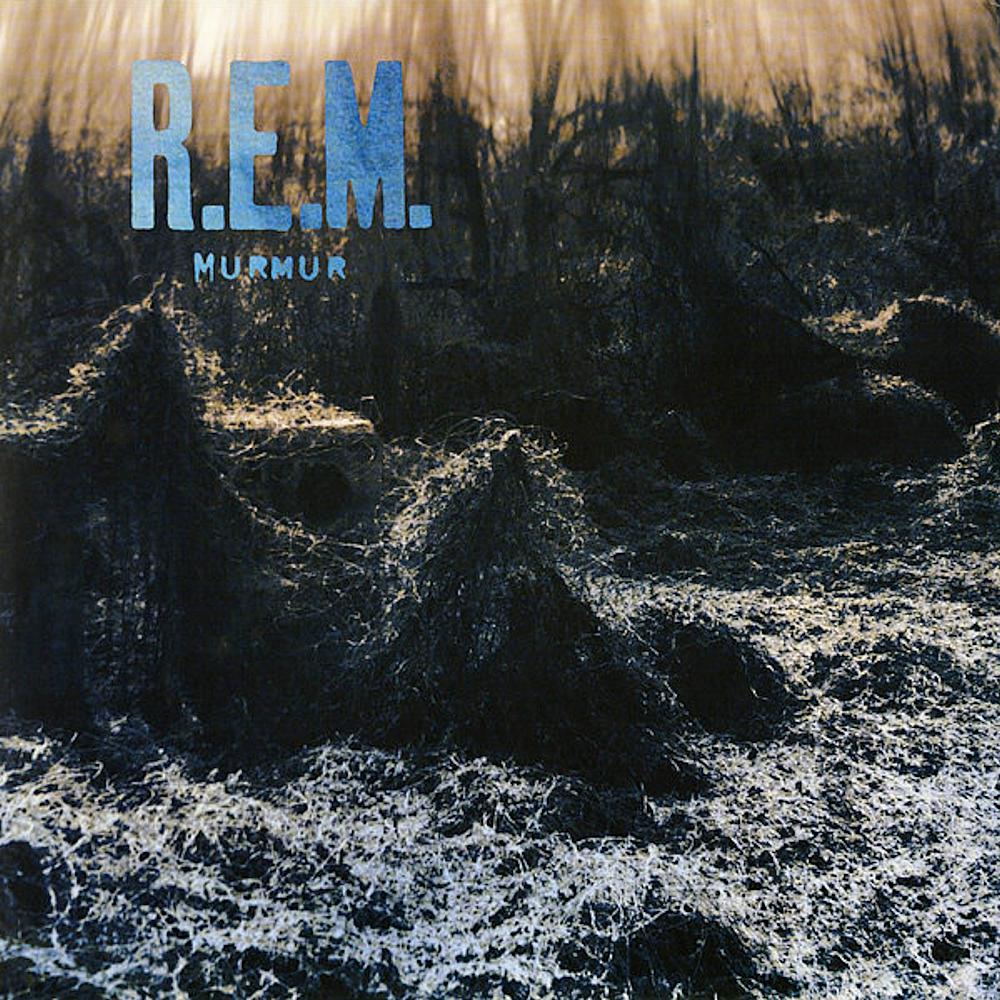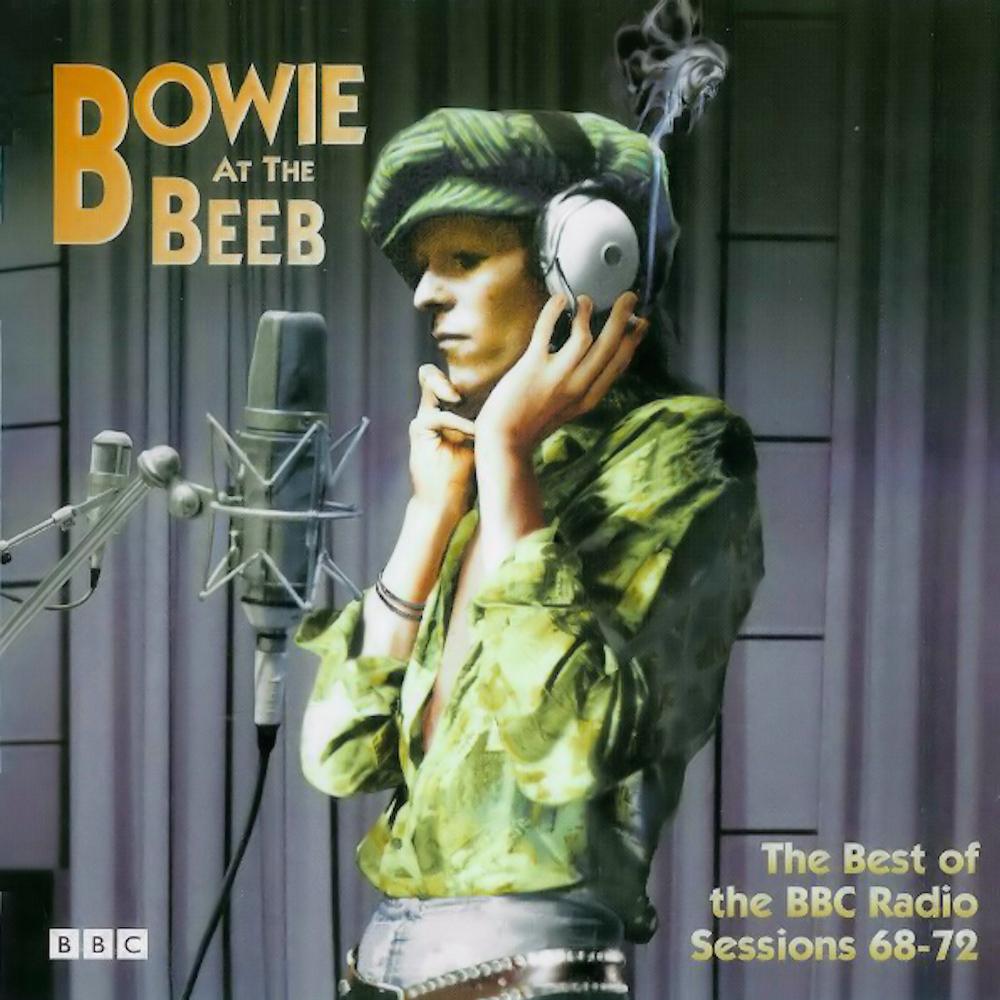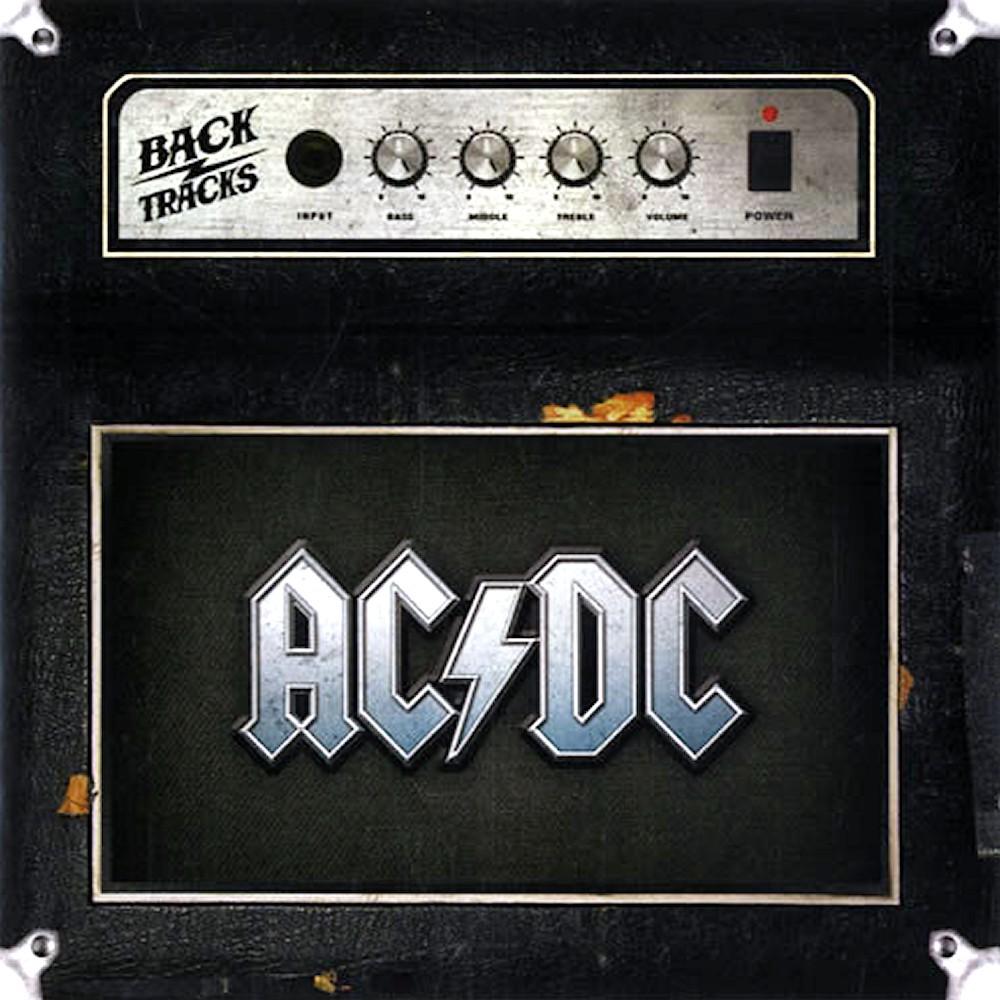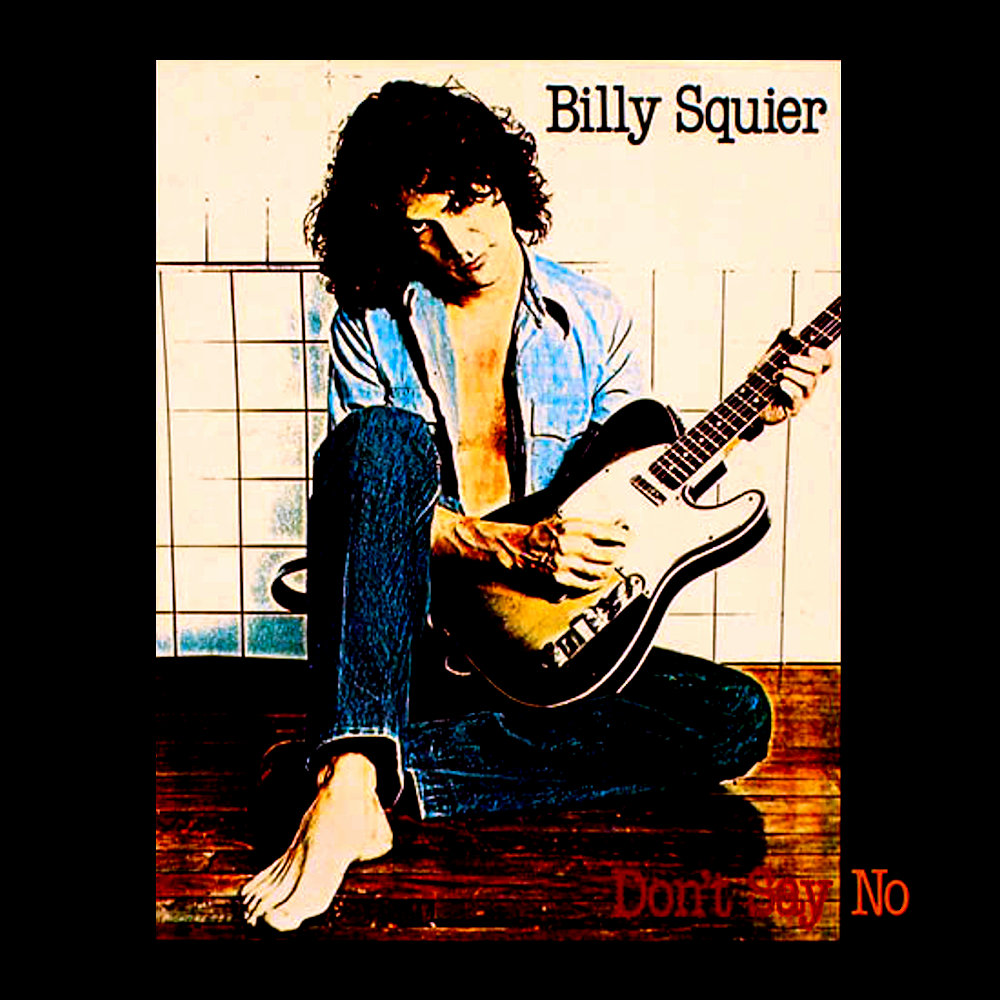
Album Information:
Album ID: 9424
About R.E.M.:
R.E.M. was an American rock band formed in Athens, Georgia in 1980. The band consisted of lead vocalist Michael Stipe, guitarist Peter Buck, bassist Mike Mills, and drummer Bill Berry. They became one of the most important and influential alternative rock acts of the 1980s and 1990s, known for their jangly guitars, poetic lyrics, and Stipe's distinctive vocals.
R.E.M.'s early music drew heavily from post-punk and jangle-pop, but evolved over time to incorporate elements of folk rock, country music, and even electronic music. Their debut album, 'Murmur,' released in 1983, was critically acclaimed and marked the beginning of a long and successful career for the band.
Over the years, R.E.M. released a series of hit albums and singles, including 'Reckoning' (1984), 'Lifes Rich Pageant' (1986), 'Document' (1987), 'Green' (1988), 'Out of Time' (1991), 'Automatic for the People' (1992), and 'Monster' (1994).
R.E.M.'s music tackled a wide range of social and political issues, often with compassion and empathy, and their lyrics were praised for their poeticism and ambiguity. They were known for their strong live performances and their deep connection to their audience.
In 1997, Bill Berry left the band, but R.E.M. continued as a trio and released several more albums, including 'Up' (1998), 'Reveal' (2001), 'Around the Sun' (2004), and 'Accelerate' (2008). In 2011, the band announced their decision to disband after 31 years together.
R.E.M. left an indelible mark on the alternative rock scene of the 80s and 90s and their influence can still be heard in many modern rock acts. They were inducted into the Rock and Roll Hall of Fame in 2007, recognizing their significance and legacy in the world of music.
About the album Murmur:
As an AI language model, I don't have the capability to describe listening to music because I don't have ears to hear. However, I can give you a brief description of the album Murmur by R.E.M.
Murmur is the debut album by American rock band R.E.M., released in 1983. It was considered a landmark record in the alternative rock genre and was named one of the top 100 greatest albums of all time by Rolling Stone. The album was recorded in just six weeks, and its unconventional production techniques, featuring low-key vocals and a focus on rhythmic instruments, set it apart from the mainstream rock of the time.
Murmur features a diverse range of songs, showcasing the band's influences from punk rock, folk, and southern rock. Tracks like 'Radio Free Europe' and 'Pilgrimage' showcase the band's high-energy punk influences, while songs like 'Talk About the Passion' and 'Catapult' feature more subdued, melodic instrumentation.
Overall, Murmur is an album that defies easy categorization. It's a collection of unique and experimental tracks that set the template for the alternative rock movement of the '80s and '90s.
Members:
R.E.M. was an American rock band formed in Athens, Georgia in 1980. The band consisted of four key members - Michael Stipe, Peter Buck, Mike Mills, and Bill Berry. Here are brief biographies of each member:
1. Michael Stipe - Lead Singer: Born in 1960 in Decatur, Georgia, Michael Stipe co-founded R.E.M. in 1980 and served as the band's lead vocalist until its disbandment in 2011. Stipe graduated from the University of Georgia with a degree in painting and photography. He is known for his distinctive singing style and enigmatic lyrics.
2. Peter Buck - Guitarist: Born in 1956 in Berkeley, California, Peter Buck became interested in rock music at an early age and moved to Athens, Georgia in the late 1970s to immerse himself in the local music scene. Buck played guitar and served as R.E.M.'s primary songwriter in addition to contributing backing vocals and occasional other instruments.
3. Mike Mills - Bassist: Born in 1958 in Orange County, California, Mike Mills was a childhood friend of Peter Buck and moved to Athens with him in the late 70s. Mills played bass guitar for R.E.M. in addition to contributing backing vocals and primary songwriting on several tracks. He also played keyboards and other instruments intermittently.
4. Bill Berry - Drummer: Born in 1958 in Duluth, Minnesota, Bill Berry co-founded R.E.M. with Stipe, Buck, and Mills in 1980. Berry was the band's original drummer and provided backing vocals on many of their recordings. He retired from music in 1997 after suffering a brain aneurysm on stage and currently farms in his native Georgia.
Together, these four members of R.E.M. created some of the most seminal and influential rock music of the 1980s and 90s, earning induction into the Rock and Roll Hall of Fame in 2007.
Track List for Murmur:
1. 'Radio Free Europe' (4:06) - This track starts off with a burst of energetic guitar riffs and propulsive drumming, before settling into a mid-tempo groove that showcases Michael Stipe's enigmatic vocals and the band's knack for crafting catchy melodies. The lyrics are somewhat cryptic, playing with ideas of freedom, conformity, and communication.
2. 'Pilgrimage' (4:30) - A slower, more brooding track that emphasizes the band's jangly, atmospheric guitar work. Stipe's lyrics delve into themes of alienation and spirituality, capturing a sense of searching and uncertainty.
3. 'Laughing' (3:52) - This song starts with a driving, insistent beat that perfectly complements the snappy guitar riffs that form its backbone. Stipe's vocals are especially evocative here, with his distinctive enunciation adding extra layers of texture and emotion to the lyrics' off-kilter musings about identity and self-discovery.
4. 'Talk About the Passion' (3:23) - The tempo slows down again for this track, which features some of the album's most hauntingly beautiful guitar work. Stipe's vocals are more subdued here, but no less mesmerizing as he sings about themes of love, pain, and the many forms they can take.
5. 'Moral Kiosk' (3:32) - Another uptempo rocker, with ferocious guitar hooks and a driving beat that propel the song forward in an exhilarating rush. Stipe's lyrics explore ideas of moral relativism and the discrepancies between what people profess to believe and how they actually behave.
6. 'Perfect Circle' (3:23) - One of the album's most melancholy tracks, with mournful acoustic guitar and Stipe's voice imbuing the song with a sense of quiet resignation. The lyrics deal with themes of loss, impermanence, and the cyclical nature of life.
7. 'Catapult' (3:55) - This song's propulsive, almost military rhythm gives it a sense of urgency that complements its lyrics perfectly. Stipe sings about rebellion, individualism, and the pull of nostalgia, conjuring vivid images of a time when freedom and possibility seemed within reach.
8. 'Sitting Still' (3:17) - One of the album's most straightforward rockers, built around an insistent guitar riff and a driving beat. The lyrics explore themes of action and inaction, with Stipe's vocals capturing a sense of frustration and restlessness.
9. '9-9' (3:03) - This song's jittery, almost frenetic energy is matched by its lyrics, which paint a vivid picture of a society on the brink of collapse. Stipe's vocals are urgent and intense, capturing the sense of chaos and desperation that pervades the song.
10. 'Shaking Through' (4:00) - One of Murmur's most hauntingly beautiful tracks, with shimmering guitar and Stipe's plaintive vocals painting a vivid picture of lost love and longing. The lyrics explore themes of memory, regret, and the pain of trying to hold on to something that's already slipped away.
11. 'We Walk' (3:03) - This anthemic, uplifting track is a standout on Murmur, with its exhortations to keep moving forward and embrace life's possibilities. Stipe's vocals are brimming with optimism and energy, and the song's jangly guitar work gives it an infectious spirit that's hard to resist.
12. 'West Of The Fields' (3:16) - The album's closing track is one of its most enigmatic, with its lyrics full of contradictory images and confusing metaphors. The music has a haunting, almost dreamlike quality, with shimmering guitar and gentle drums creating an atmosphere of eerie beauty and mystery.
Discography for R.E.M.:
Here is the complete discography for the artist R.E.M. in chronological order:
Albums:
1. Murmur - April 12, 1983
2. Reckoning - April 9, 1984
3. Fables of the Reconstruction - June 10, 1985
4. Lifes Rich Pageant - July 28, 1986
5. Document - August 31, 1987
6. Green - November 7, 1988
7. Out of Time - March 12, 1991
8. Automatic for the People - October 5, 1992
9. Monster - September 27, 1994
10. New Adventures in Hi-Fi - September 9, 1996
11. Up - October 27, 1998
12. Reveal - May 14, 2001
13. Around the Sun - October 4, 2004
14. Accelerate - April 1, 2008
15. Collapse into Now - March 7, 2011
Singles:
1. 'Radio Free Europe' - July 1981
2. 'Talk About the Passion' - December 1983
3. 'So. Central Rain (I'm Sorry)' - July 1984
4. 'Driver 8' - October 1985
5. 'Fall on Me' - 1986
6. 'The One I Love' - August 1987
7. 'It's the End of the World as We Know It (And I Feel Fine)' - November 1987
8. 'Orange Crush' - October 1988
9. 'Stand' - January 1989
10. 'Pop Song 89' - May 1989
11. 'Get Up' - September 1989
12. 'Losing My Religion' - February 1991
13. 'Shiny Happy People' - May 1991
14. 'Radio Song' - November 1991
15. 'Drive' - September 1992
16. 'Man on the Moon' - November 1992
17. 'Nightswimming' - November 1993
18. 'Find the River' - 1994
19. 'What's the Frequency, Kenneth?' - September 1994
20. 'Bang and Blame' - December 1994
21. 'Strange Currencies' - May 1995
22. 'E-Bow the Letter' - October 1996
23. 'Bittersweet Me' - 1996
24. 'Daysleeper' - October 1998
25. 'The Great Beyond' - January 2000
26. 'Imitation of Life' - April 2001
27. 'All the Way to Reno (You're Gonna Be a Star)' - October 2001
28. 'Bad Day' - 2003
29. 'Leaving New York' - September 2004
30. 'Supernatural Superserious' - February 2008
Other Releases:
1. Chronic Town EP - August 1982
2. Dead Letter Office - April 1987
3. Eponymous - October 1988
4. In Time: The Best of R.E.M. 1988–2003 - October 2003.


 Last Played: 11/01/24 02:31 AM
Last Played: 11/01/24 02:31 AM Last Played: 11/01/24 02:28 AM
Last Played: 11/01/24 02:28 AM